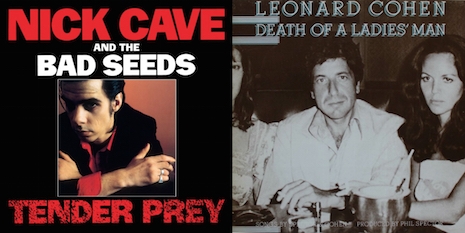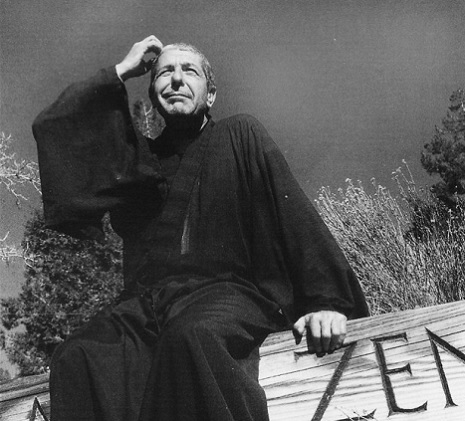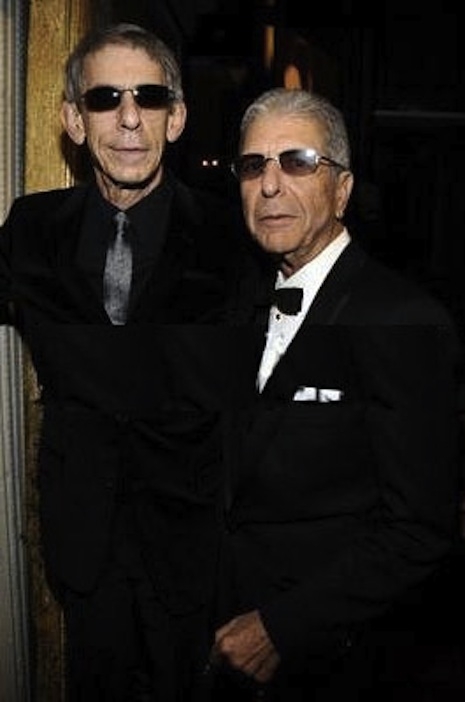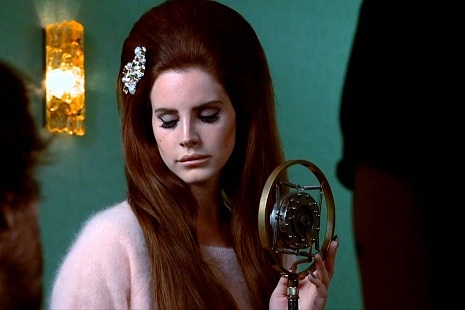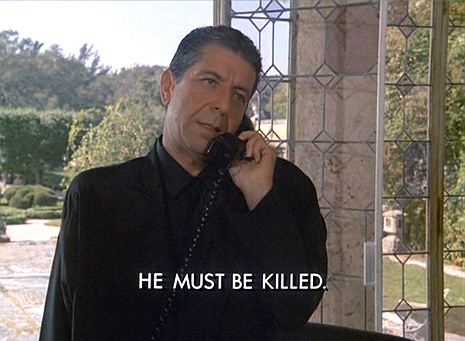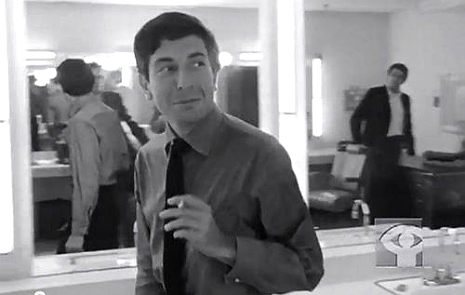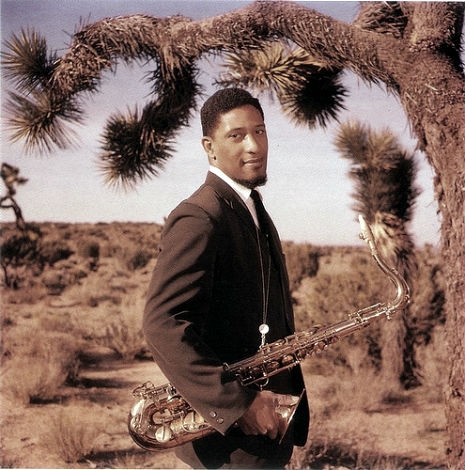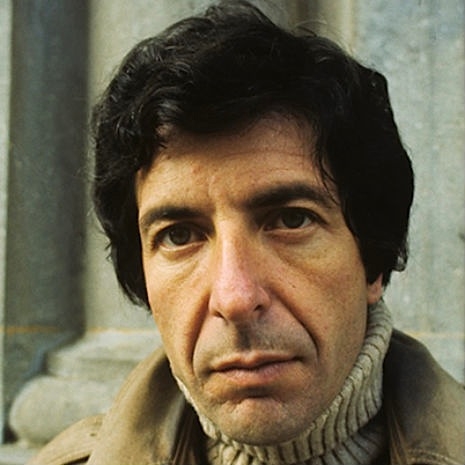
Our scene opens on the teenage Leonard Cohen attempting to hypnotize the family maid. Here’s Cohen, growing tall and lanky, losing the puppy fat, smiling, precocious, inquisitive, intense, with a zest for life.
Cohen has bought and studied 25 Lessons in Hypnotism How to Become an Expert Operator, a book that promises much—mind reading, animal magnetism and clairvoyant hypnosis—which the youngster hopes will deliver. As Sylvie Simmons explains in her biography on the singer I’m Your Man, the enthusiastic and earnest Cohen worked hard to master these powerful arts, and soon discovered he was a natural mesmerist.
Finding instant success with domestic animals, he moved on to the domestic staff, recruiting as his first human subject the family maid. At his direction, the young woman sat on the chesterfield sofa. Leonard drew a chair alongside and, as the book instructed, told her in a slow gentle voice to relax her muscles and look into his eyes. Picking up a pencil, he moved it slowly back and forth, and succeeded in putting her into a trance. Disregarding (or depending on one’s interpretation, following) the author’s directive that his teachings [on hypnotism] should be used only for educational purposes, Leonard instructed the maid to undress.
Simmons goes on to describe how Cohen must have felt at this “successful fusion of arcane wisdom and sexual longing.”
To sit beside a naked woman, in his own home, convinced that he made this happen, simply by talent, study, mastery of an art and imposition of his will. When he found it difficult to awaken her, Leonard started to panic.
Let’s freeze the frame on this “young man’s fantasy,” as there’s something not quite right, as neither Simmons or the young Cohen, appear to have considered the possibility that the maid was only feigning her trance, and had willingly taken off her clothes. This would turn everything on its head.
Cohen will later fictionalize the incident in his novel The Favorite Game, where the maid is also a ukulele player (the instrument Cohen first taught himself to play before the guitar), which his alter ego mistakes for a lute, and the maid for an angel. As Simmons puts it “naked angels possess portals to the divine.”
Simmons suggests this slim book on hypnotism had a greater affect on Leonard Cohen than just convincing the maid to take-off her clothes. The book was possibly a primer for Cohen:
Chapter 2 of the hypnotism manual might have been written as career advice to the singer and performer Leonard would become. It cautioned against any appearance of levity and instructed, ‘Your features should be set, firm and stern. Be quiet in all your actions. Let your voice grow lower, lower, till just above a whisper. Pause a moment or two. You will if you try to hurry.’
Scientific research has pointed out that some women are attracted to men with deep, low voices. While a touch of “breathiness” suggests a “lower level of aggression.”
Cohen’s voice is instantly recognizable. He is aware of its power to mesmerize an audience: when he played at Napa State mental hospital in 1970, he jumped down from the stage and sang amongst the inmates, where anyone who could move “followed him around the room and back and forward and over the stage.” At the Isle of Wight concert, he was the only act not to have bottles thrown at him. Kris Kristofferson was booed off during his set, while a flare was thrown onto the stage during Jimi Hendrix’s performance, setting it on fire. Cohen was unfazed by such antics, he was mellowed out on Mandrax, and before he began:
...Leonard sang to the hundreds of thousands of people he could not see as if they were sitting together in a small, dark room. He told them—slowly, calmly—a story that sounded like a parable, worked like hypnotism, and at the same time tested the temperature of the crowd. He described how his father would take him to the circus as a child. Leonard didn’t like circuses much, but he enjoyed it when a man stood up and asked everyone to light a match so they could locate each other. “Can I ask each of you to light a match,” said Cohen, “so I can see where you all are?” There were a few at the beginning, but as the show went on he could see flames flickering through the misty rain.
As Simmons recounts the episode, Cohen “mesmerized” the audience, with just the power of his voice. Or, as Cohen described his talent himself in “Tower Of Song”:
I was born like this
I had no choice
I was born with the gift
of a golden voice.
More of Sylvie Simmons and Leonard Cohen, after the jump…










